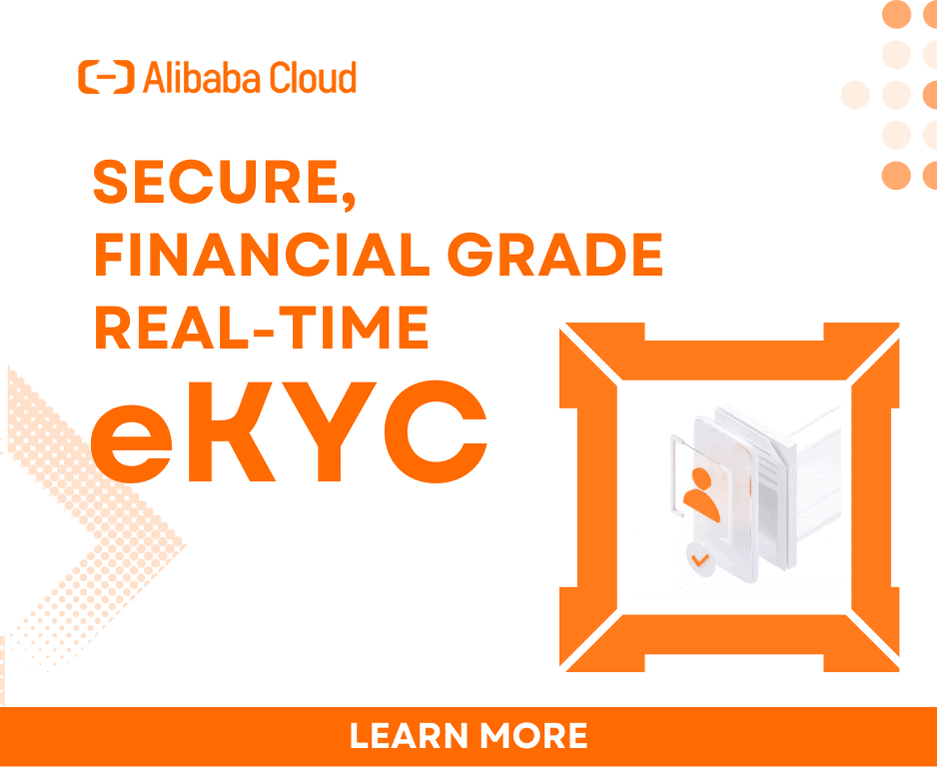The Philippines has the potential to become the number one blockchain hub, according to the newly formed Blockchain Council of the Philippines.
The archipelago is home to several blockchain startups and amongst the highest internet and NFT penetration rate of a digital population. In addition, the Philippines ranked first for non-fungible token (NFT) ownership out of 20 countries, with 32 percent of Filipino internet users saying they own NFTs.
It is also one of the most digitally connected, with a mobile phone penetration rate of 140 percent and an internet penetration rate of 68 percent. The number of mobile connections in the Philippines increased by 6.9 million (+4.6 percent) between 2021 and 2022.
The country’s high level of digital connectivity is due in part to its population of roughly 113,074,416 million people, with nearly 60 percent of the population being of working age (15 to 64 years old), which is highly adaptable to new technologies.
This young population is one of the key reasons why the Philippines is an attractive market for blockchain and digital asset companies.
Ahead of the pack as a blockchain hub
It is reported that Central & Southern Asia and Oceania (CSAO) will be the third largest cryptocurrency market worldwide in 2022, with the Philippines coming in second, just behind Vietnam and notably ahead of other established economies like Indonesia, India, and the United States. This marked a jump from 15th last year to second for the country.
The report also indicated that the Philippines are a massive remittance market, with inflows accounting for 9.6 percent of the country-wide gross domestic products.

Nichel Gaba
In recent years, the Philippines has seen a boom in the number of startups and enterprises working on blockchain solutions. So far, the Philippines has attracted some of the world’s leading blockchain companies and projects.
But it’s not just the big players flocking to the Philippines – the country is also home to a growing community of blockchain enthusiasts and developers.
At a briefing hosted by the American Chamber of Commerce of the Philippines, Inc. (AmCham Philippines), Cryptocurrency exchange platform PDAX CEO Nichel Gaba and his partners said that Blockchain technology has far greater applications than speculative trading or lowering the costs of remittance: it has the potential to make capital markets more efficient and accessible to both issuers and investors.

Luis Buenaventura
Meanwhile, Luis Buenaventura, co-founder of Bloom solutions, said that customers are rarely aware that blockchain technology is even involved in the process of remitting money.
“Enabling smaller remittance companies to participate without forwarding money overseas in advance of anticipated transfers, which customers nowadays expect to happen instantaneously. With blockchain, that’s possible”, he said.
The soon-to-be Crypto Valley of Asia?
The Philippines aims to have its version of Zug, the birthplace of Ethereum and home to around 200 blockchain companies in Switzerland. This is made possible by the country’s large pool of English-speaking talent, which is already a hub for outsourcing and remote work.
According to its official website, the Cagayan Economic Zone Authority (CEZA) is “a government-owned and controlled corporation and Northern Star Gaming & Resorts Inc., a private property developer (Northern Star) and are pooling their resources to build Crypto Valley of Asia (CVA), a planned development estate designed to push economic growth further in Northern Luzon.”
It will serve as home to fintech companies establishing their operations in the Cagayan Special Economic Zone and Freeport, generate employment for BPOs servicing the global fintech and cryptocurrency sectors and catalyze the next economic boom destined to spread from Cagayan Valley to the rest of Northern Luzon.
The Philippines is also home to blockchain startups and projects, including ConsenSys-backed UnionBank of the Philippines, using a blockchain-based payment system that brings financial inclusion to millions of unbanked Filipinos, and BloomX, which provides modern blockchain solutions to money transfer businesses around the world.
In addition, UnionBank has also launched a payments-focused stablecoin pegged to the Philippine peso that aims to drive financial inclusion in the country.
Moving forward with the bear market
With recent events about crypto and blockchains happening in the Asian region, we can expect to see higher adoptions of blockchain-based business models and their products.
Despite the current bear market, the Philippines is well positioned with its forward-thinking perspective about adopting digital assets and the government’s support to become a cryptocurrency hub.
The country’s central Bank, Bangko Sentral ng Pilipinas (BSP), has been very open to digital assets and is currently exploring the possibility of a Central Bank Digital Currency.
The government supports blockchain startups and has even created a sandbox environment for them to operate in. With the proper infrastructure and government support, the Philippines could easily become the number one blockchain hub in the world.









